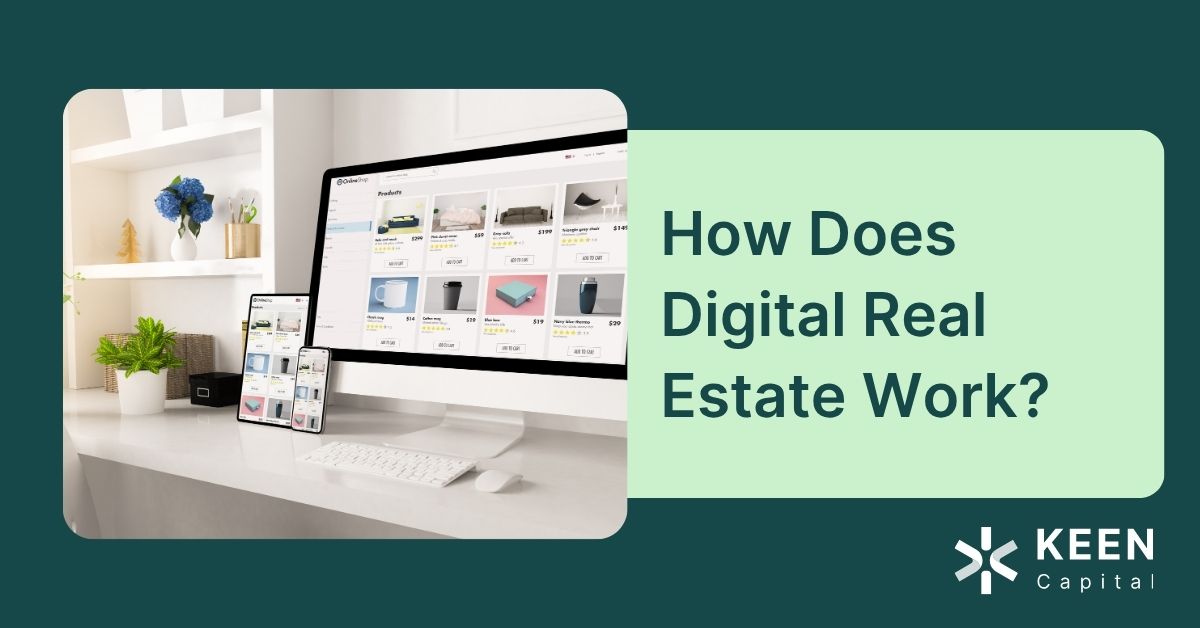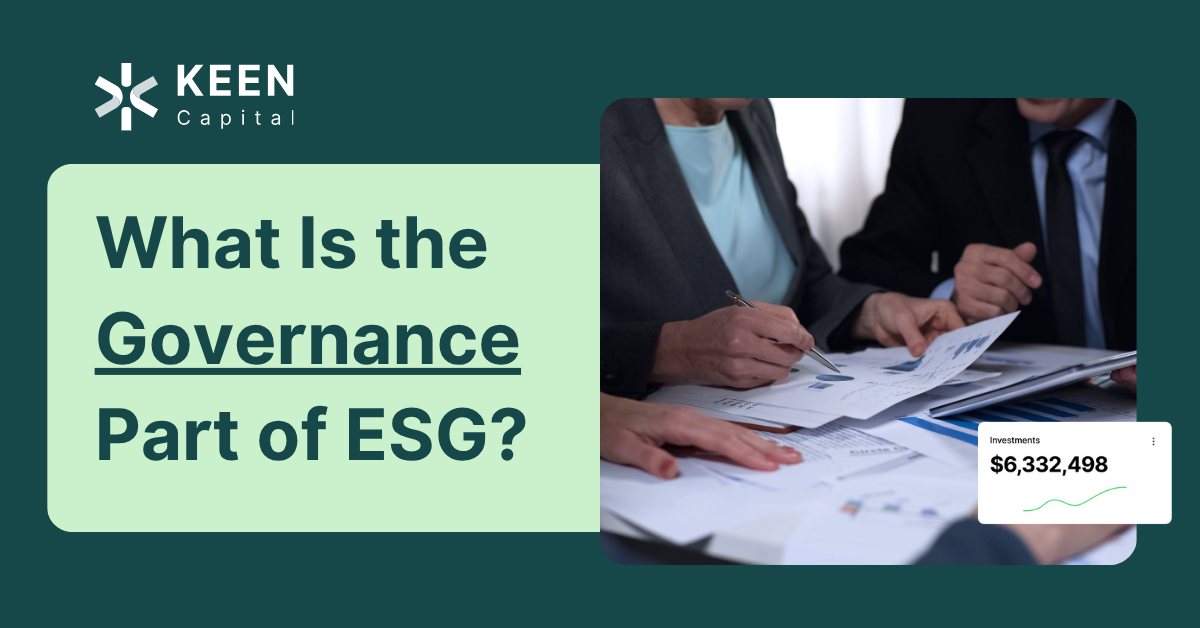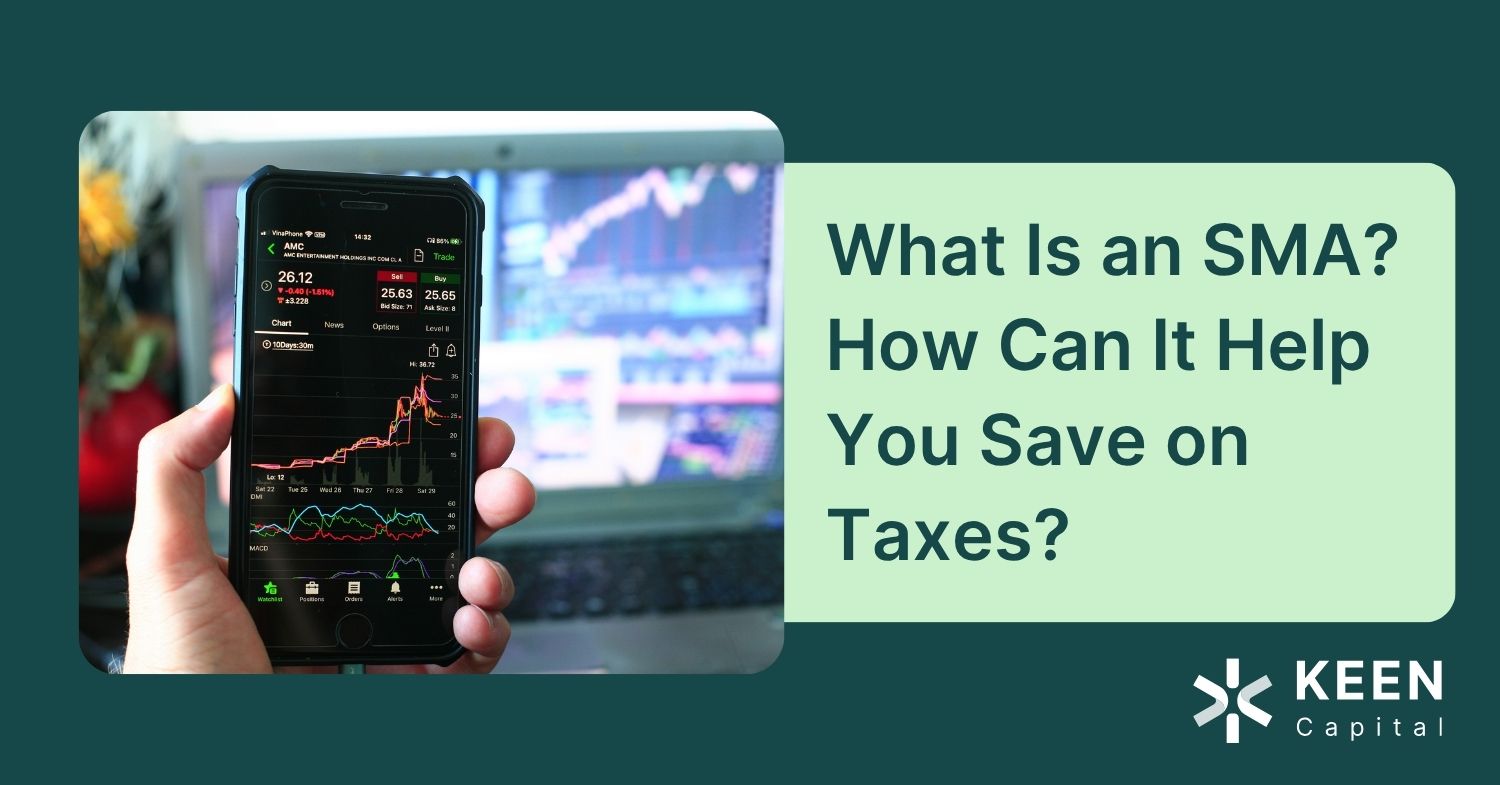Let’s be honest: digital real estate sounds like a scam.
Or at least, like one of those get-rich-quick YouTube side hustles that involve flipping domain names or buying fake land on the internet.
But digital real estate is real. It’s not magic, it’s not shady, and it’s not just for tech bros in Miami.
It’s just a new name for something that’s been happening online for decades—owning digital property that can make money, grow in value, or both. Think websites, domain names, e-commerce stores, or even virtual plots of land inside a metaverse.
If it’s a piece of the internet you can own, rent out, develop, or sell… it’s digital real estate.
Let’s break it down step by step.
First: What Even Is Digital Real Estate?
If you own a home in the real world, you’ve got something tangible. A place someone might want to rent, buy, or build on.
Same goes online. A good domain name? That’s like beachfront property. A high-traffic blog or website? That’s like a well-located apartment building. A plot of virtual land in Decentraland or The Sandbox?
That’s speculative land in an up-and-coming neighborhood, just with avatars instead of people.
The difference? You’re not dealing with plumbing or drywall. You’re dealing with traffic, content, clicks, and code. But the basic idea is the same: you own something that has value because other people want access to it.
How Does Digital Real Estate Make Money?
Here’s where digital real estate gets interesting. There are a bunch of ways to generate income, depending on the type of asset.
Own a blog or website with good traffic? You can make money through ads, affiliate links, or sponsored content.
Own an online store? You’re making money from sales and potentially growing a sellable business asset.
Own a YouTube channel or Instagram account with a big following? Same idea, it’s digital property that brands will pay to access.
Even with metaverse land, the logic is surprisingly normal: if you own a virtual plot in a popular area, someone might pay you to advertise there. Or rent the space for a virtual storefront or event. (Yes, really.)
And just like with physical real estate, these assets can appreciate in value. Buy a domain name for $12 and sell it for $5,000? That’s flipping. Build a high-traffic blog over time and sell it for 3x its annual revenue?
That’s a capital gain.
Wait – People Buy Virtual Land?
Yes. And they’re not all crazy.
A few years ago, big names like Adidas, Atari, and even Snoop Dogg bought up virtual plots in metaverse platforms like Decentraland and The Sandbox.
Why? Because attention = value.
If you believe people will spend more time in these virtual worlds, then owning prime virtual land becomes valuable for hosting events, selling digital goods, or advertising.
Does it sound a little out there? Absolutely. But so did buying websites in the 90s.
Not all metaverse land will be valuable. But some of it might be.
Is This Just for Crypto People?
Not at all.
In fact, a huge portion of digital real estate investing doesn’t involve crypto at all. Buying and growing a content website is probably the most accessible way in. People have been doing it for years: building niche blogs, monetizing with ads, and eventually selling them to private equity firms or other investors.
If you’ve ever bought a domain name, built a website, or run an online store, congrats: you’ve already dabbled in digital real estate.
The difference now is that more people are starting to treat these assets like actual investments, not just side projects.
What’s the Catch?
Digital real estate can be powerful, but it’s not effortless.
Sites need upkeep. Domain names only have value if someone wants them. Metaverse land only matters if people are visiting. Just like owning a rental property, these assets can appreciate… but they also require management, strategy, and sometimes, a fair bit of luck.
Also: it’s not always liquid. Selling a website takes time. Selling a virtual asset requires the right buyer. And while some platforms make it easier than others, you’re still in a relatively new market compared to physical real estate or public stocks.
So, Who’s This Actually For?
If you’re the type of person who gets excited by side projects, enjoys learning how traffic and content work, or wants to diversify beyond stocks and real estate, digital real estate might be worth exploring.
You can start small – like buying a website for $1,000 and growing it – or go big, investing in digital storefronts, e-commerce brands, or yes, even metaverse plots.
At KEEN Capital, we’ve had more and more clients ask us about this space. Not because they want to bet the farm, but because they’re curious. They see the potential and they want to approach it thoughtfully.
Bottom Line: It’s Real. But It’s Not for Everyone.
Digital real estate is still evolving. Some parts of it are rock solid (like monetized websites). Others are more speculative (like metaverse land). But the core idea—owning and developing digital assets that hold or grow in value – isn’t going anywhere.
And like with any investment, success comes from doing your homework, starting with a plan, and not chasing hype.
We’re not here to say “everyone needs to buy a plot of land in the metaverse.”
We’re here to say: if you’re curious, there are smart ways to explore the space. And if you’ve already dipped your toe in, let’s talk about how to treat it like the real investment it is.
Because even if it lives on the internet, your digital real estate can still move the needle on your financial future.



